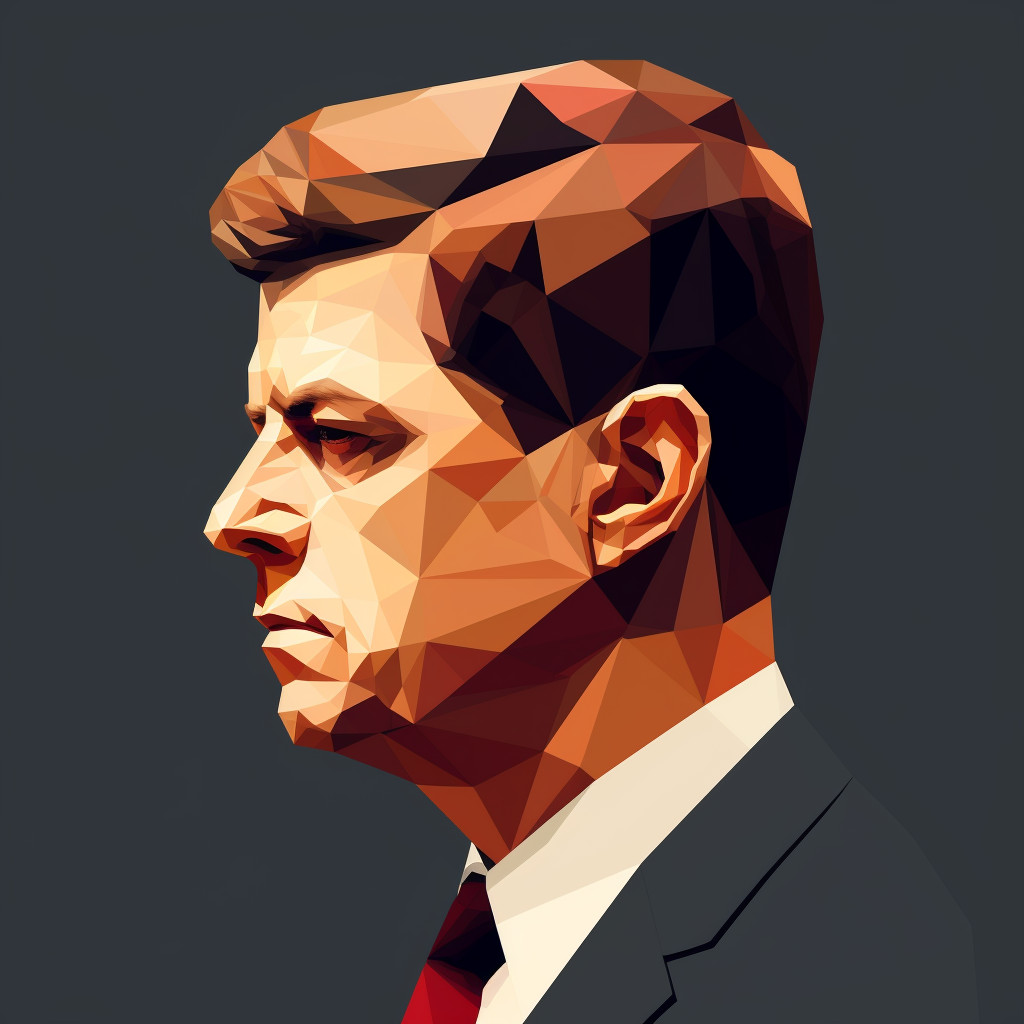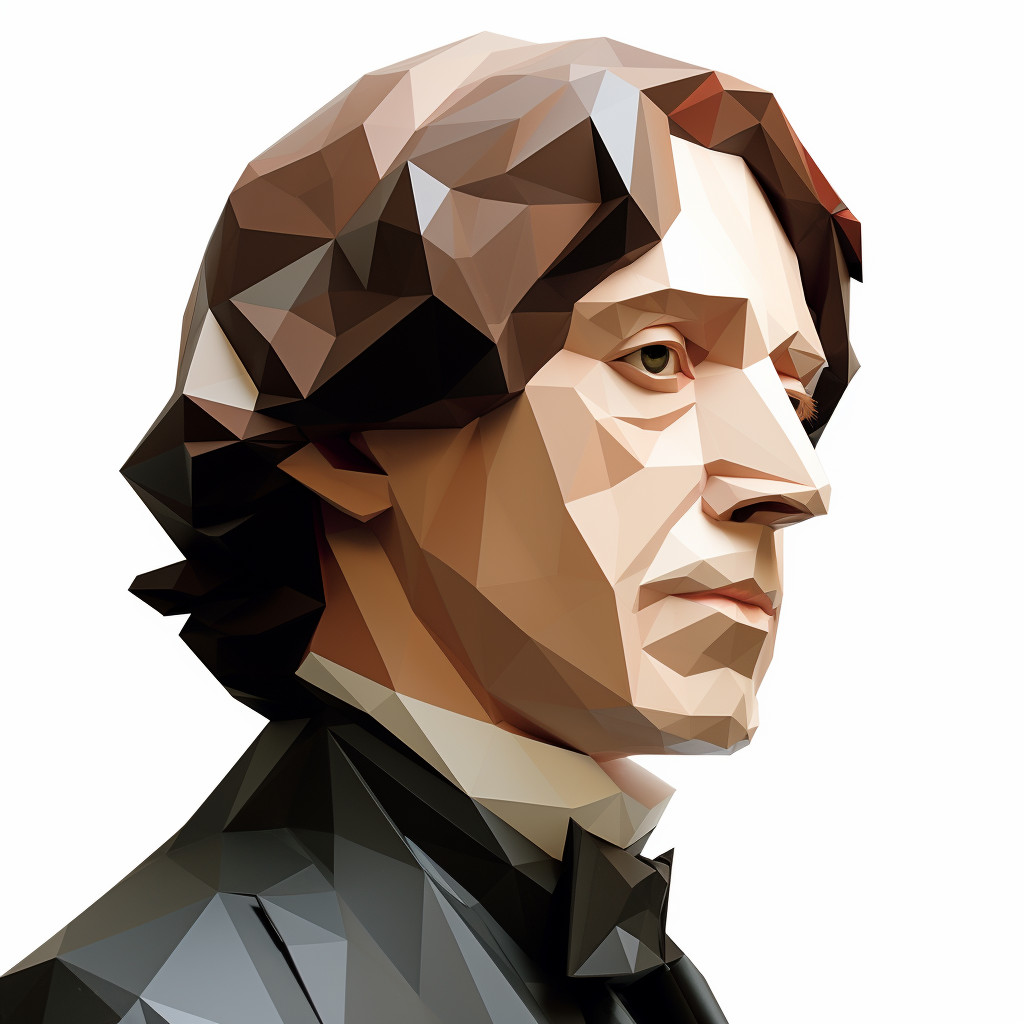'Spectators' Quotes
Spectators Quotes, also known as spectatorship quotes, are powerful statements that highlight the importance of being an active observer and participant in society. These quotes have been used throughout history to inspire individuals to take action, speak up, and make a difference in the world. Fro…Read More
Spectators Quotes, also known as spectatorship quotes, are powerful statements that highlight the importance of being an active observer and participant in society. These quotes have been used throughout history to inspire individuals to take action, speak up, and make a difference in the world. From ancient philosophers like Aristotle to modern-day activists like Malala Yousafzai, spectators quotes have influenced and motivated people to stand up for what they believe in and create positive change. These quotes have also played a significant role in shaping historical events and movements, such as the Civil Rights Movement and the Women’s Suffrage Movement. Today, spectators quotes continue to resonate with people, reminding them of the power they hold as individuals to make a difference in the world.Read Less
Spectators Quotes, also known as spectatorship quotes, are powerful statements that highlight the importance of being an active observer and participant in society. These quotes have been used throughout history to inspire individuals to take action, speak up, and make a difference in the world. From ancient philosophers like Aristotle to modern-day activists like Malala Yousafzai, spectators quotes have influenced and motivated people to stand up for what they believe in and create positive change. These quotes have also played a significant role in shaping historical events and movements, such as the Civil Rights Movement and the Women’s Suffrage Movement. Today, spectators quotes continue to resonate with people, reminding them of the power they hold as individuals to make a difference in the world.
18 Influential 'Spectators' Quotations and Sayings
Spectators – Symbolic Value
The concept of spectators is often associated with the idea of being a passive observer, someone who watches from the sidelines without actively participating. However, this seemingly simple role holds a deeper symbolic value that has been explored in various contexts, from cultural and historical significance to motivational contexts and even in art and media. In this article, we will delve into the concept of spectators and its impact on our understanding of life and society.
Spectators – Cultural and Historical Significance
The idea of spectators has been present throughout history, from ancient Greek amphitheaters to modern-day sports stadiums. In many cultures, being a spectator is seen as a form of entertainment and leisure, where people gather to watch performances, games, or events. In some cases, being a spectator is also associated with social status, as only the wealthy and privileged could afford to attend such events.In ancient Rome, the Colosseum was a symbol of power and wealth, where spectators would gather to watch gladiator fights and other forms of entertainment. Similarly, in medieval Europe, jousting tournaments were a popular form of entertainment for the nobility, with spectators cheering on their favorite knights.
Spectators – Common Themes in Motivational Contexts
In motivational contexts, the concept of spectators is often used to highlight the importance of taking action and not just being a passive observer. This is seen in motivational quotes such as “Life is not a spectator sport” or “Don’t just watch, be a part of it.” These quotes emphasize the idea that life is meant to be lived and experienced, not just observed from the sidelines.In the world of sports, spectators play a crucial role in motivating athletes to perform their best. The energy and support from the crowd can often make a significant difference in the outcome of a game. This is why athletes often credit their fans for their success, as they are the ones who push them to give their all.
Spectators – Portrayal in Art and Media
The concept of spectators has also been explored in various forms of art and media. In literature, the role of spectators is often used to comment on society and its values. For example, in F. Scott Fitzgerald’s “The Great Gatsby,” the wealthy elite are portrayed as mere spectators, watching the drama of their own lives unfold without actively participating.In film and television, the idea of being a spectator is often used to create tension and suspense. The audience is placed in the role of a spectator, watching the events unfold and feeling a sense of powerlessness as they cannot intervene in the story.
Spectators – Impact on Understanding of Life and Society
The concept of spectators has a significant impact on our understanding of life and society. It highlights the importance of being an active participant in our own lives and not just a passive observer. It also sheds light on the power dynamics in society, where some have the privilege to be spectators while others are forced to be mere onlookers.Moreover, the role of spectators in various contexts also raises questions about the value we place on entertainment and leisure. Are we too focused on being entertained and distracted from the realities of life? Or should we strive to be more than just spectators, actively engaging in meaningful experiences and making a difference in the world?In conclusion, the concept of spectators holds a deeper symbolic value than just being a passive observer. It has been explored in various contexts, from cultural and historical significance to motivational contexts and even in art and media. By understanding the impact of spectators on our understanding of life and society, we can strive to be more than just mere onlookers and actively participate in shaping our own lives and the world around us.

















